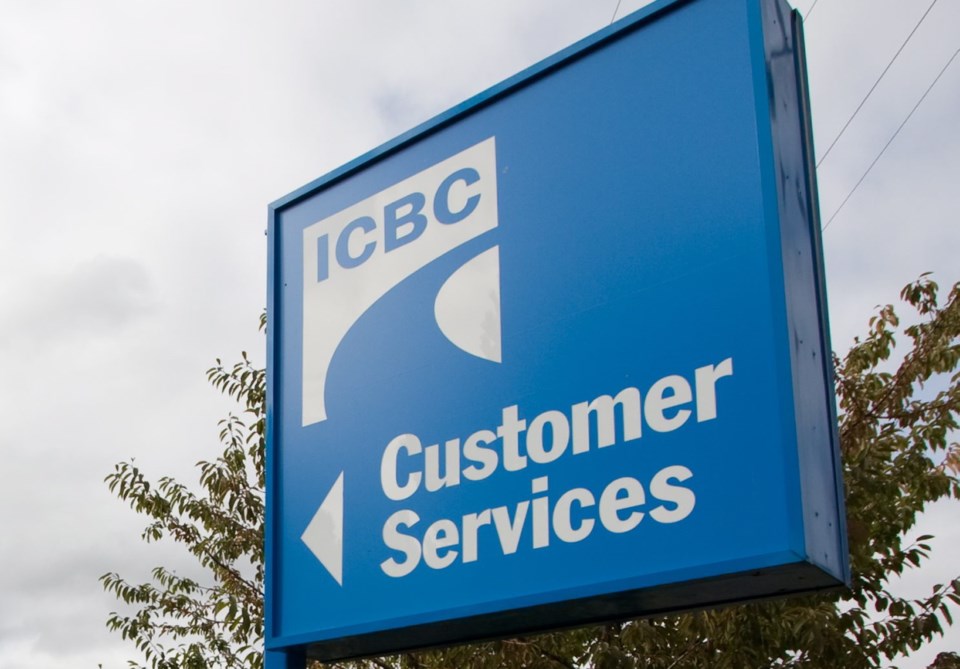As an occupational therapist (both treating through ICBC rehabilitation benefits and as an expert witness in litigation), I feel obliged to share my concerns about the proposed ICBC “no fault” legislation.
My comments are not in regard to my own economic interests, but the likely impact upon claimants. When I say “claimants,” I mean all B.C. residents — we are all potential future claimants.
As a rehabilitation case manager, my job is often to submit plans for treatment, assessments and services to ICBC adjustors.
Some adjustors are prompt and thoughtful in their response. Others just don’t return emails or phone calls. Others reject the plans for no clear reason.
Claimants are left without timely treatment and support. All of my clients are experiencing pain, anxiety, depression and generalised loss. A negative response from an adjustor (particularly when it is repeated) becomes a key determinant of their recovery.
Conversely, when treatment is over-funded and over-delivered, these same people become institutionalized and dependent upon passive therapy.
Navigating the line between over- and under-servicing takes skill, training and experiencing. This cannot be done by an adjustor. It can be done by a case manager, but there are not enough of us to go around.
It might not be a welcome observation, but the clinics who are receiving extensive approvals to treat ICBC claimants are often not going to say “stop.”
I have worked in different systems both here and in Australia, and I have learned that injured people who have to rely upon a drip system of funding for their needs are left frustrated and their welfare is compromised.
The aim of our management of chronic injury needs to be transitioning the injured person to a self-management position where they minimize their reliance upon passive therapies.
To regain a quality of life, individuals need to be in control and able to attend a physiotherapist or acupuncturist only when they need to.
Sentencing someone to a lifelong relationship with any insurance company mean this will not happen. The insurance company will be in control.
For those of us who have so far avoided injury, perhaps imagine having to call up the CRA to get permission to see your physiotherapist?
Many or most of the individuals who have long-term injuries are not fit to self-advocate. By definition they are living with pain, have strained relationships, probably out of work, stressed and traumatized.
Many do not speak English fluently or are illiterate. To be required to navigate a huge bureaucracy is going to be generally too much. I know that people stop asking for what they need; they opt out because it is better for their health.
With treatment options, ICBC is wedded to a set of professions which are chosen as approved treatment providers.
Physiotherapy, remedial massage therapy, occupational therapy or clinical psychologists are not viewed by everyone as the only or preferred avenues for health care.
Many, many people seek other forms of treatment due to cultural and personal beliefs about their health.
In the current situation, we can take our settlements and do what we wish. In the proposed plan, it is safe to assume that ICBC will continue to approve only mainstream medicalized therapies.
So my main concerns are focused upon the loss of control that each of us will suffer if we are ever injured. We talk about ICBC benefits as impacting upon the injured. We are all potentially “injured,” and we all need to think about whether we want to be asking permission for services off a small menu, from a huge bureaucracy for potentially the rest of our lives?
I know I don’t.
Claudia Walker is an occupational therapist in Victoria.



